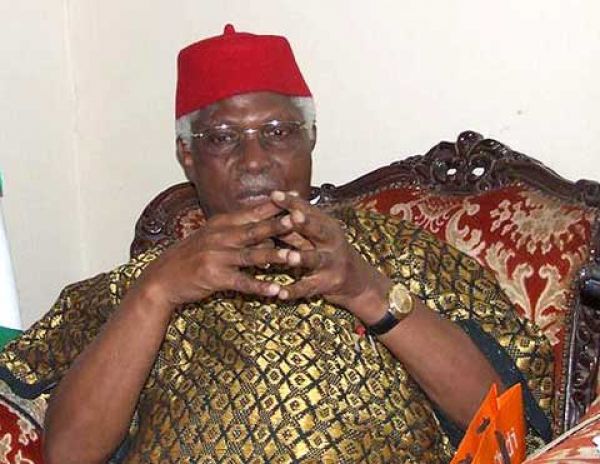U.S. President Donald Trump has expressed concerns that Russia would push for the Democrats to win the November midterm election.
Trump, in a tweet, claimed that Russians definitely did not want him because no U.S. President had been tougher on them than him.
Trump said in his tweet: “I’m very concerned that Russia will be fighting very hard to have an impact on the upcoming Election.
“Based on the fact that no President has been tougher on Russia than me, they will be pushing very hard for the Democrats. They definitely don’t want Trump!”
The U.S. intelligence community had concluded that Russia interfered in the 2016 presidential campaign and that the effort was specifically aimed at helping Trump win.
The alleged Russia’s interference in the 2016 election, in which Trump won by electoral college but lost to Clinton by almost three million popular votes, led to the set-up of the special panel headed by Robert Mueller.
Trump received 304 electoral votes and Clinton garnered 227 but while Trump polled 62,984,825 or 46.4 per cent of the popular votes, Clinton polled 65,853,516 or 48.5 per cent.
Russian President Vladimir Putin, during a joint news conference in Helsinki with Trump last week, acknowledged there that he had wanted Trump to win in 2016.
Christopher Krebs, the Under Secretary for the Department of Homeland Security’s National Protection and Programs Directorate, at a House of Representatives hearing on Tuesday, warned against Russia’s further intrusion into U.S. elections.
Krebs said the intelligence community had observed “continued malign influence operations” into 2018, however, they did not appear to be “an effort at the same scope or scale” as in 2016.
The federal offices that are up for election during the midterms are members of the U.S. Congress, including all 435 seats in the House of Representatives, and the full terms for 33 or 34 of the 100 seats in the United States Senate.
In addition, 34 of the 50 U.S. states elect their governors to four-year terms during midterm elections, while Vermont and New Hampshire elect governors to two-year terms in both midterm and presidential elections.
Thus, 36 governors are elected during midterm elections.
Many states also elect officers to their state legislatures in midterm years.
There are also elections held at the municipal level.
On the ballot are many mayors, other local public offices, and a wide variety of citizen initiatives.




